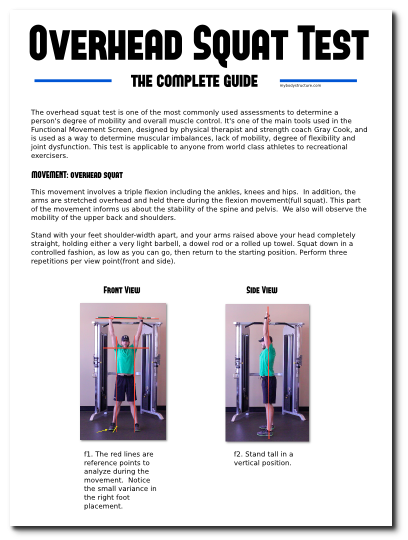1. POOR DIGESTION: Even when food consumption is good, inefficient digestion can limit your bodies ability to absorb vitamins. Take your time and chew, making sure to break down food particles allowing for complete action of your stomachs digestive enzymes. Think about your stomach when eating!
2. ALCOHOL: A large consumption of alcohol will damage the liver and pancreas which are vital to your digestion and metabolism. It may also damage the lining of the intestinal tract adversely affecting the absorption of nutrients. Regular heavy use of alcohol increases the body’s need for the B-group vitamins, especially thiamine, niacin, pyridoxine, folic acid and Vitamins B12, A and C as well as the minerals zinc, magnesium and calcium.
3. SMOKING: Smoking too much tobacco is an irritant to the digestive tract and increases the metabolic requirements for Vitamin C, about 30mg per cigarette above the typical requirements of a non-smoker.
4. LAXATIVES: Overuse of laxatives can result in poor absorption of vitamins and minerals from food, by speeding up the intestinal transit time. Many of the weight loss pills work this way, increasing the intestinal transit time and decreasing the nutrient absorption.
5. FAD DIETS: Many of these fad diets miss out on whole food groups and can be seriously lacking in vitamins. Vegetarian diets must be very skillfully planned to avoid vitamin B12 deficiency, which may lead to anemia. Stop the fad diets and work toward a balanced food intake.
6: OVERCOOKING: Lengthy cooking of meat and vegetables can oxidize and destroy Vitamins such as B-groups, C and E. Boiling veggies leaches the water soluble vitamins B-group and C as well as many minerals. Flash steaming is the best way to preserve nutrients when cooking vegetables.
7: FOOD PROCESSING: Foods containing Vitamin E exposed to heat and air can turn rancid. So many common sources of Vitamin E, such as bread and oils now are highly processed, and are significantly lacking in the amount of Vitamin E, but has an increased shelf life. Vitamin E is an antioxidant which defensively inhibits oxidative damage on all tissue.
8: CONVENIENCE FOODS: A diet high in refined carbohydrates, such as sugar, white flour and white rice, places a greater demand on additional sources of B-group vitamins to process these carbohydrates. An unbalanced diet contributes to such conditions as irritability, lethargy and sleep disorders.
9: ANTIBIOTICS: Some antibiotics, although valuable in fighting infection, also kills off friendly bacteria in the gut, which would normally be producing B-group vitamins to be absorbed through the intestinal wall. Such deficiencies can result in a variety of nervous conditions.
10: STRESS: Chemical, physical and emotional stress can increase the body’s requirements of vitamins B6, B5, and C. Air pollution increases the requirements for vitamin E.
11: Pregnant Women: Pregnancy creates higher than average demands for nutrients. Nutrients which typically require increase during pregnancy are B-groups, especially B1, B2, B3, B6, folic acid and B12, A, D, E and the mineral calcium, iron, magnesium, zinc, and phosphorus. Professional assessment of nutrient requirements during pregnancy should be sought.
12: LIGHT EATERS: Some people eat very sparingly, even without weight loss goals. U.S dietary surveys have shown that an average women maintains here weight on 800 calories per day, at which level her diet is likely to be low in thiamine, calcium and iron.
Are you currently taking a Multi-Vitamin?
Try this one! Weil Daily Multivitamin for Optimum Health, Tablets









